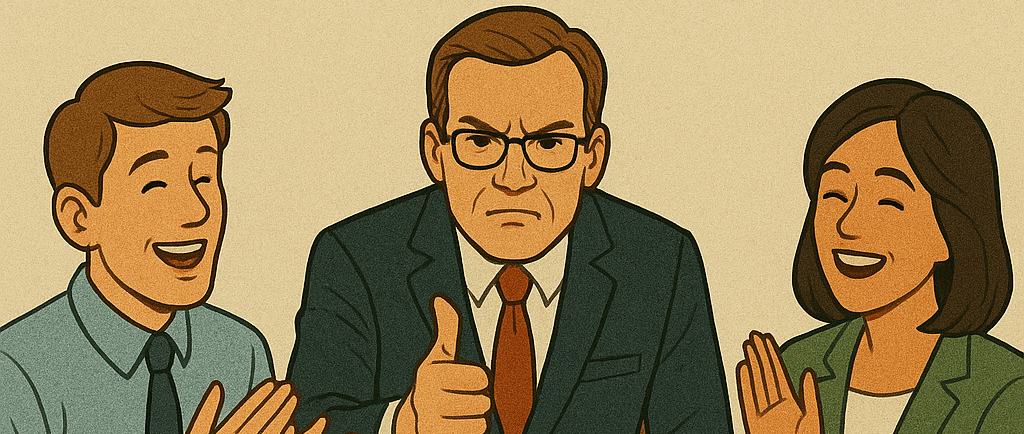The Job Description Said Teamwork—But They Meant People Pleasing
Spotting Red Flags That Hide Behind “Collaboration” Culture
Kamy Charles
6/13/20251 min read


We All Want to Be a Team Player—But at What Cost?
"Must be a strong collaborator."
"Team-oriented culture."
"Flexible and willing to go the extra mile."
These phrases sound great—until they’re used to mask dysfunction.
Too often, what’s advertised as teamwork becomes a cover for:
Unspoken expectations
Unbalanced workloads
Guilt-tripped compliance
---
People Pleasing ≠ Professionalism
Let’s break down some signs that you’ve crossed from collaborating into chronic people pleasing:
You regularly say yes when you mean no
You worry more about being liked than being respected
You’re praised for “always being available”—even when it costs you
You feel burnt out, but guilty taking time off
In these environments, burnout isn’t a side effect—it’s the standard.
---
Healthy Teams Don’t Exploit Kindness
True collaboration looks like: ✅ Clear roles and boundaries
✅ Psychological safety to speak up
✅ Respect for time, energy, and workload
✅ Feedback loops that go both ways
It’s not about who can give the most—it’s about how the team operates sustainably.
---
How to Push Back—Without Burning Bridges
Start with:
1. Clarify Expectations: Ask what’s actually expected—don’t assume.
2. Use “I” Language: “I’d be happy to help, but I need clarity on priorities.”
3. Offer Alternatives: “I can support this, but I’ll need to shift X off my plate.”
Boundaries don’t make you difficult.
They make you effective.
---
Final Thought: Teamwork Shouldn’t Cost You Yourself
A team that requires your silence, your burnout, or your guilt—isn’t a team.
It’s a trap.
If the job requires you to abandon yourself to belong, it’s not the right job.
